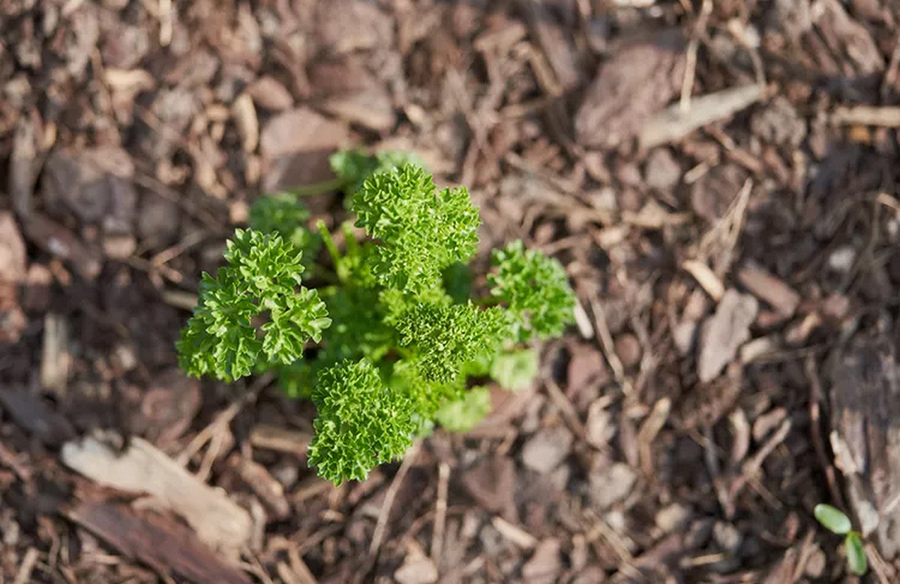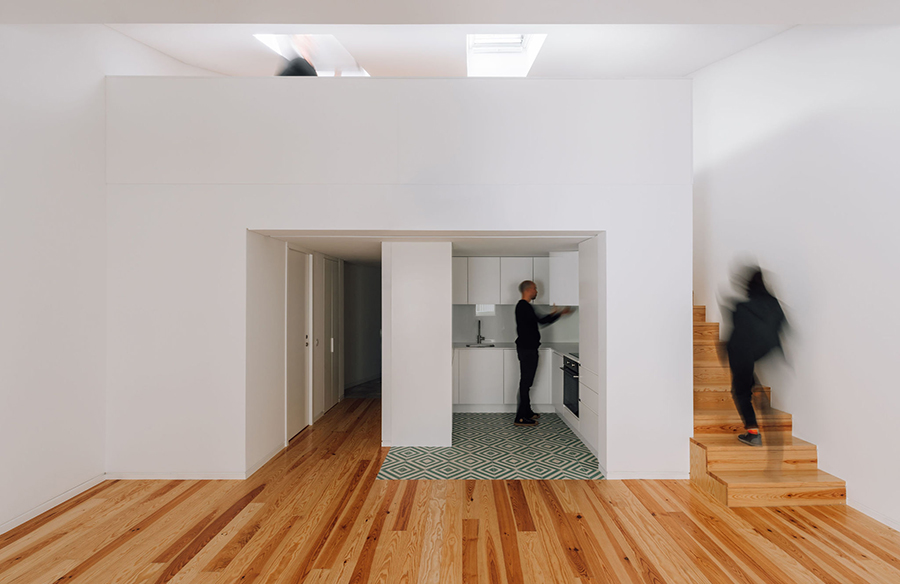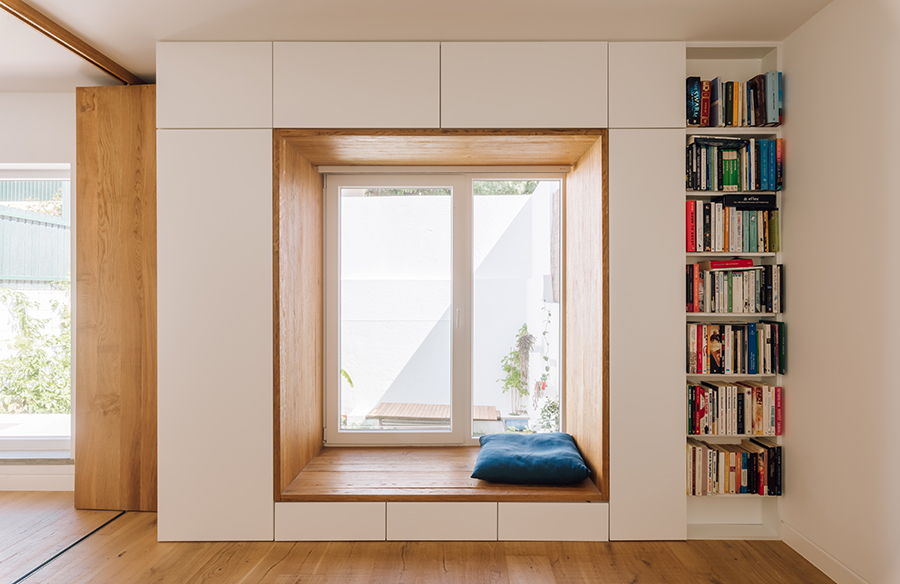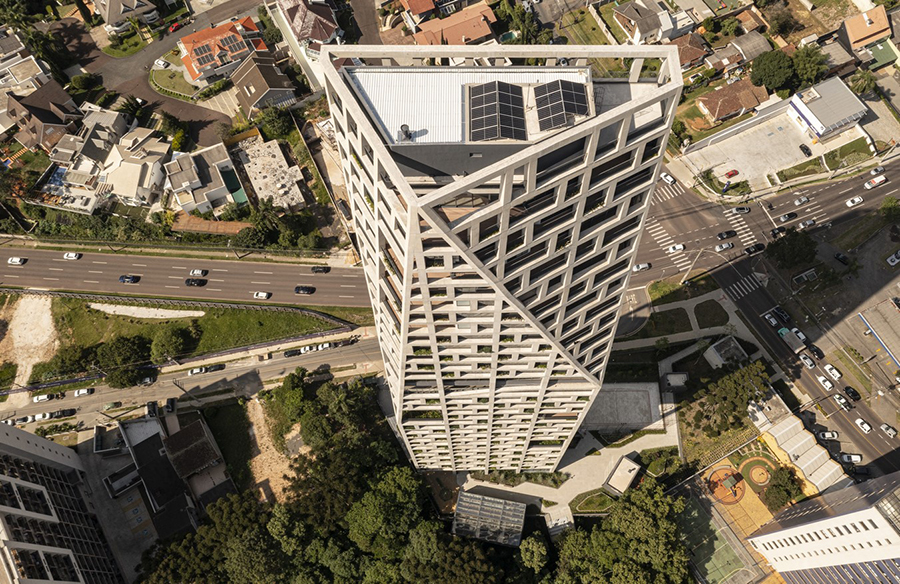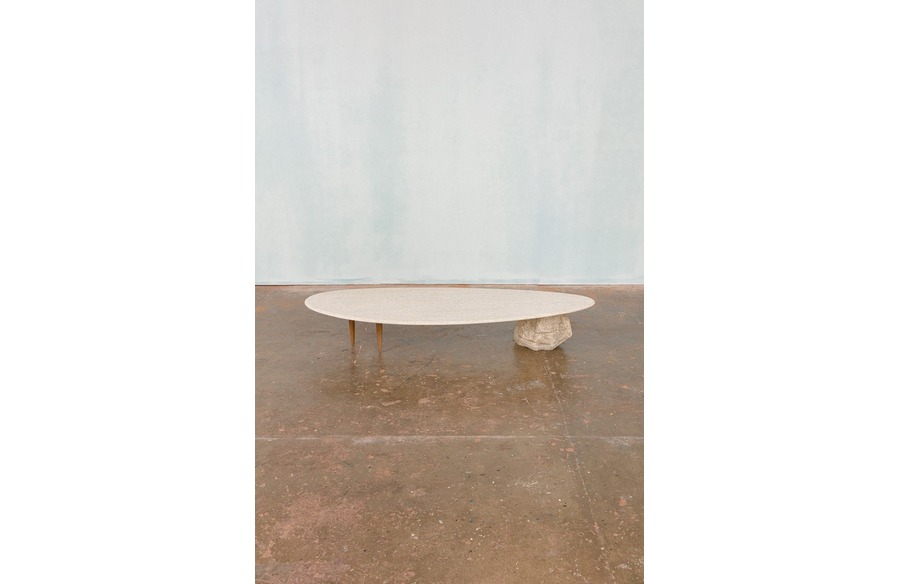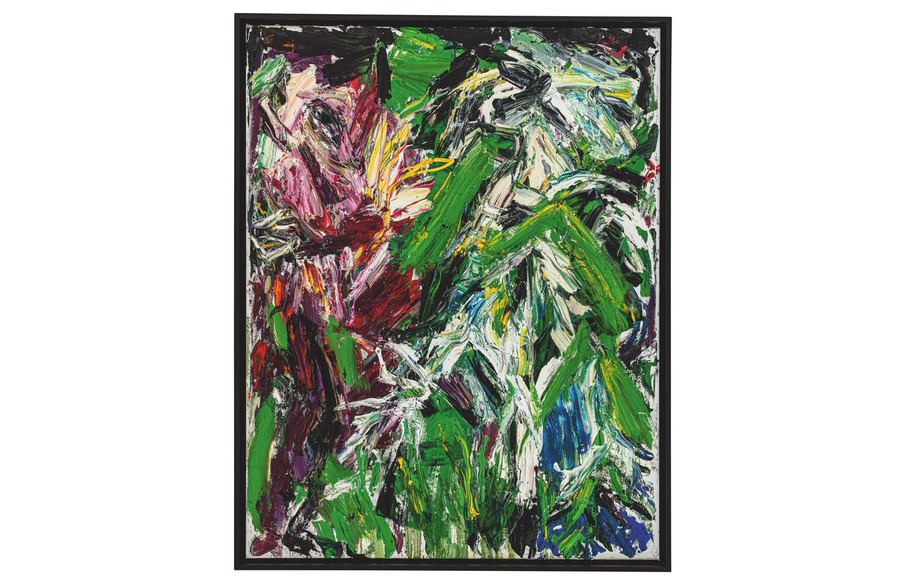As temperatures soar during summer heat waves, maintaining a healthy garden becomes challenging. Planning and preparation are essential to mitigate the impact of extreme weather conditions on your garden. Here are some do’s and don’ts to ensure your plants thrive during a heat wave.
DO: Mulch, mulch, and mulch some more
Protecting the soil is crucial during a heat wave. Bare soil tends to overheat, adversely affecting the beneficial soil life necessary for plant growth. Covering the soil with organic mulches helps regulate soil temperature and retain moisture by minimizing evaporation. Organic mulches reduce moisture loss from the soil, ensuring adequate water uptake by plants.
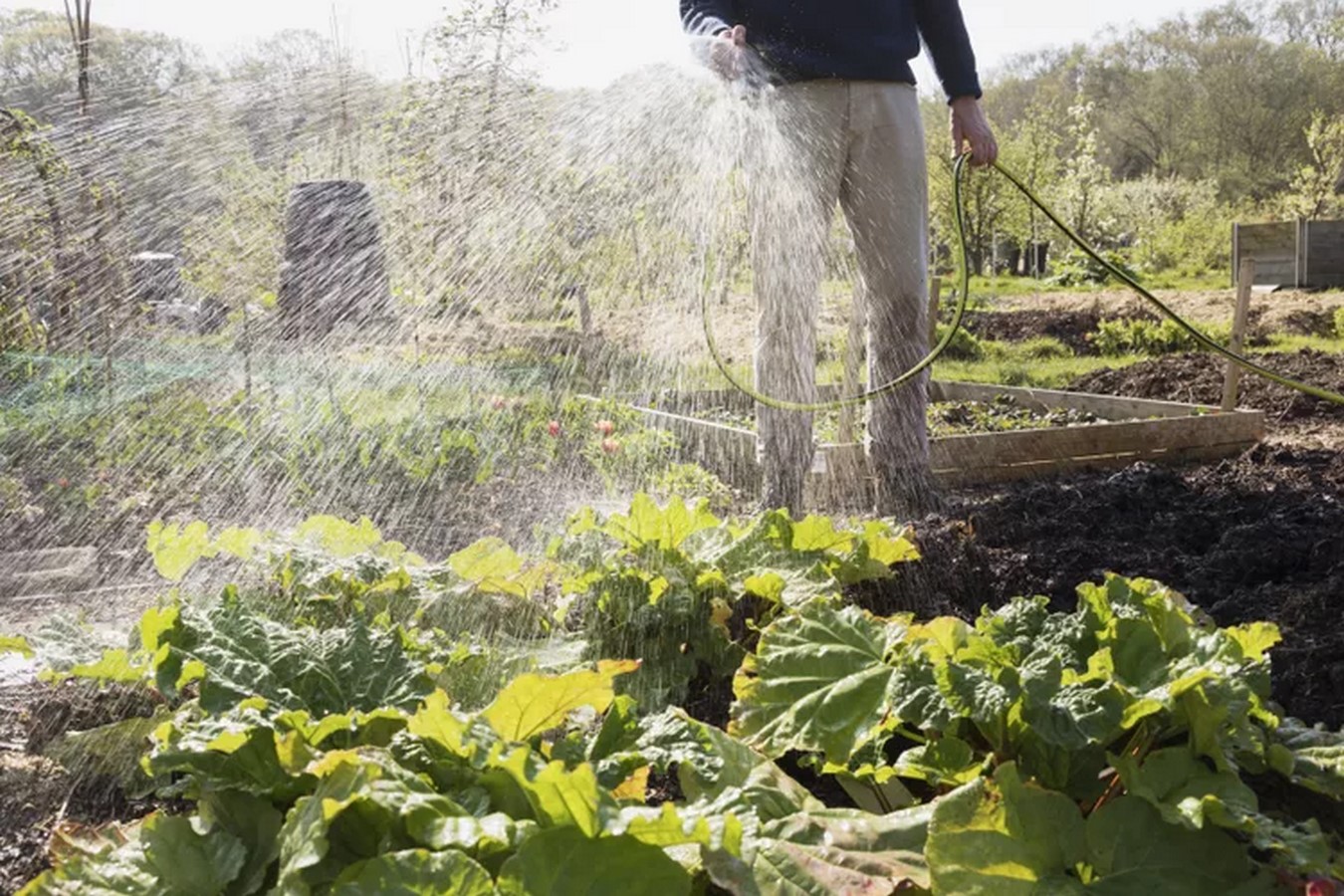
DO: Create shade to reduce air and soil temperatures for plants
Provide shade for plants to alleviate stress caused by excessive heat. Even plants accustomed to full sun may require shade during extreme temperatures to conserve water. Increasing shade through additional plantings, shade netting, or man-made structures can help. Deciduous trees offer seasonal shade, protecting plants in summer while allowing sunlight through during colder months.
DO: Set up sustainable watering systems
Water management is critical during a heat wave, especially when municipal water sources may be limited. Implement sustainable water harvesting and watering systems on your property to ensure a steady water supply. Install rainwater harvesting systems and explore water conservation methods to optimize water usage in your garden.
DON’T: Water little and often
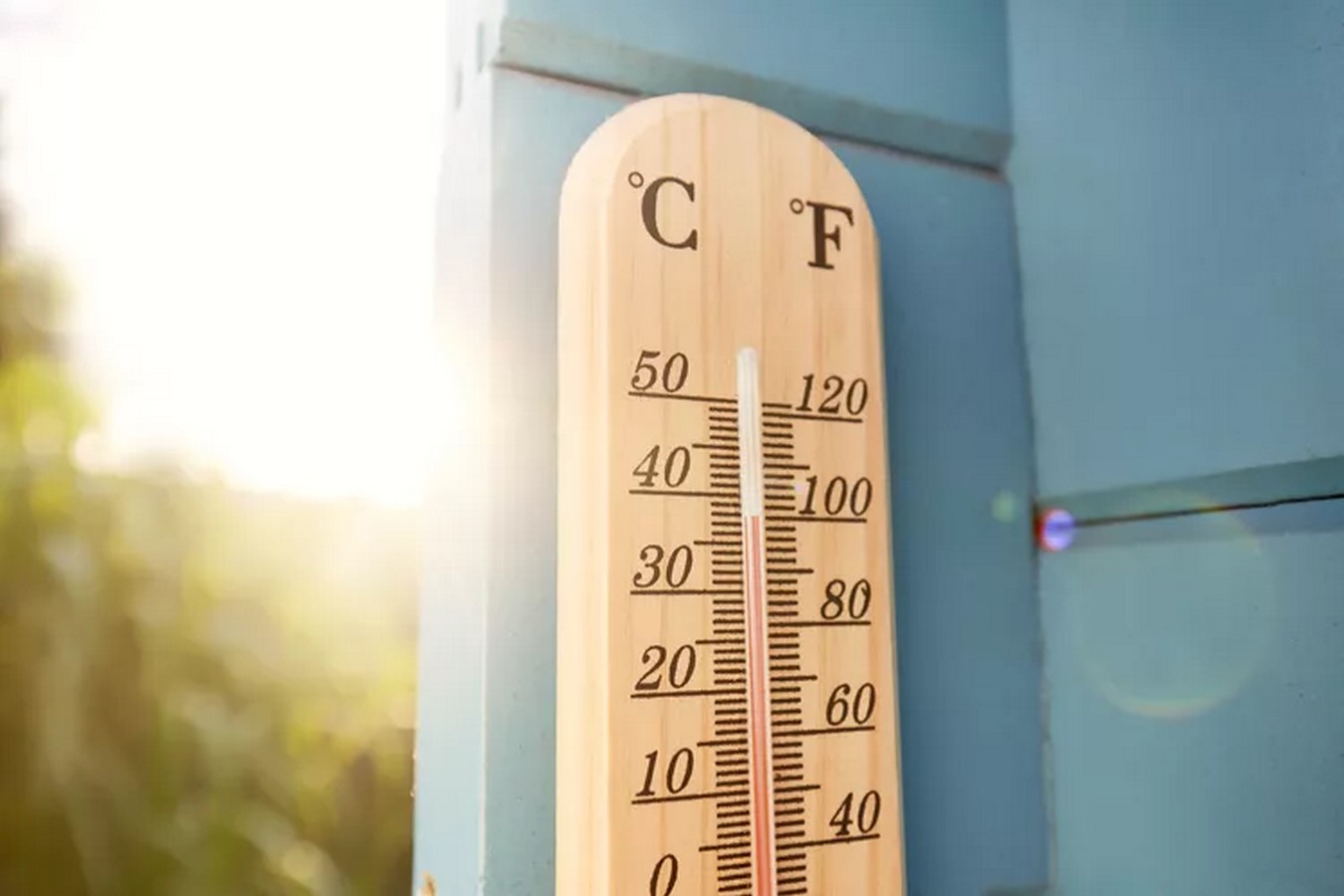
Avoid frequent but shallow watering during a heat wave, as it promotes shallow root development in plants, reducing their resilience to hot and dry conditions. Instead, water deeply and thoroughly less frequently to encourage deeper root growth and enhance plant resilience.
DON’T: Splash water around
Use water judiciously, directing it to the soil near plant roots rather than splashing it around. Watering from above not only wastes water but also increases the risk of sunburn and fungal diseases on plant foliage, flowers, and fruits during hot and humid conditions.
DON’T: Allow overcrowding to occur
Overcrowding can exacerbate stress in your garden during a heat wave. Regular weeding and pruning are essential to maintain optimal plant spacing and airflow. If necessary, thin out overcrowded areas to reduce competition among plants and alleviate stress.
In conclusion, proactive measures such as mulching, shading, sustainable watering, and proper plant management are essential for maintaining a healthy garden during a heat wave. By following these do’s and don’ts, you can help your garden withstand extreme weather conditions and thrive throughout the summer.Top of Form




